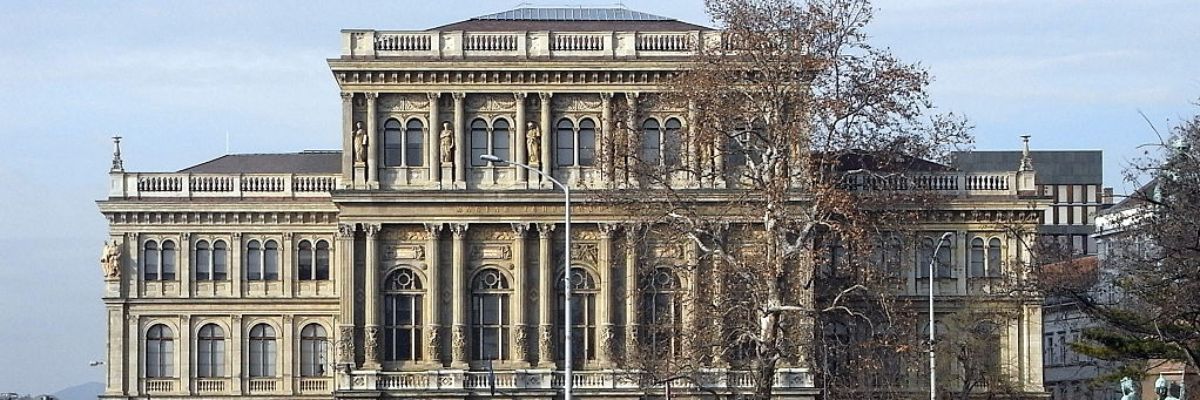
The CAS urges the Hungarian president to defend academic freedom
22. 07. 2019
On Friday, July 19, the Czech Academy of Sciences and the Learned Society of the Czech Republic sent a letter to the Hungarian President János Ánder in which they express their concern over the situation regarding management and financing of Hungarian science. As soon as September 1, a new law will come into effect meaning that organisation of research, financing of science, and establishing or abolishing of scientific institutes will now be in the competence of a 13-member political committee, taking these decisions out of hands of the Hungarian Academy of Sciences (HAS).
The law has already been passed by the Hungarian Parliament and signed by the country’s president. The Czech Academy of Sciences (CAS) has repeatedly expressed support to its Hungarian counterpart, also because of its own bitter experience. “The current situation in Hungary is strongly reminiscent of the situation in Czech Republic ten years ago. To this day, we still deal with damage from that time,” stated the CAS President Eva Zažímalová.
Before the most recent letter addressed to President Ánder, the CAS has taken several other steps to urge both Hungarian and Czech politicians to try to improve the dire situation of the Hungarian Academy of Sciences. In February, the CAS issued a statement regarding the situation in the Hungarian Academy, which was also sent to the Hungarian minister of innovation and technology. Then, at the end of June, the CAS together with the European federation of academies of sciences ALLEA sent letters to the Czech Minister of Foreign Affairs Tomáš Petříček and to Senator Jiří Drahoš, chairperson of the Committee on Education, Science, Culture, in which the CAS also warned of the imminent threat to academic freedom in Hungary.
“We fear that Hungarian government will control and regulate Hungarian science; that confinement, if not obliteration of free research in the Hungarian Academy of Sciences will ultimately lead to stagnation of Hungarian science, school system, and finally economy. All developed countries invest into free research. We still consider Hungarian scientists important partners, and we hope the situation can still be turned, just like it has been turned in our country,” concluded Eva Zažímalová.
Prepared by: Milan Pohl, Department of Media Communication of the Head Office of the CAS
Photo by: Aisano [GFDL (http://www.gnu.org/copyleft/fdl.html) or CC BY-SA 4.0 (https://creativecommons.org/licenses/by-sa/4.0)], from Wikimedia Commons
Read also
- A trapped state: The pandemic impact on public attitudes, trust, and behavior
- Aerial archaeology: Tracing the footsteps of our ancestors from the sky
- Archaeologists uncover ancient finds along Prague Ring Road
- Our microbiome largely depends on what we eat, says microbiologist Michal Kraus
- The ABCs of writing: Why did its invention mark a turning point for humankind?
- We learn, remember, forget… What can memory actually do? And can we outsmart it?
- New Center for Electron Microscopy in Brno opens its doors to global science
- The hidden lives of waste: What can we learn from waste workers and pickers?
- A unique lab is hidden right beneath Prague’s Vítkov Hill
- Renewables are a strategic investment in European security, scientists say
The Czech Academy of Sciences (the CAS)
The mission of the CAS
The primary mission of the CAS is to conduct research in a broad spectrum of natural, technical and social sciences as well as humanities. This research aims to advance progress of scientific knowledge at the international level, considering, however, the specific needs of the Czech society and the national culture.
President of the CAS
Prof. Eva Zažímalová has started her second term of office in May 2021. She is a respected scientist, and a Professor of Plant Anatomy and Physiology.
She is also a part of GCSA of the EU.